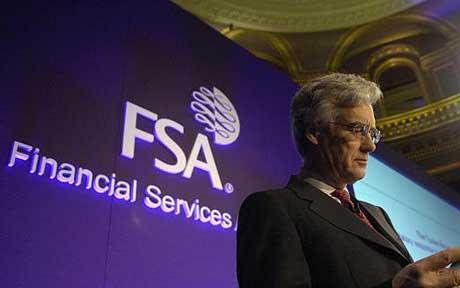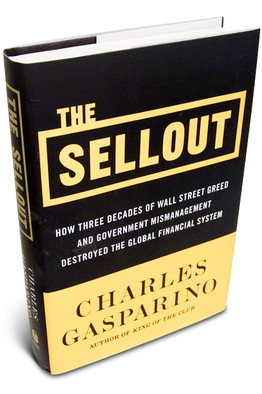During this year’s audit, we identified six significant deficiencies that collectively represent a material weakness in SEC’s internal control over financial reporting. The significant deficiencies involve SEC’s internal control over (1) information security, (2) financial reporting process, (3) fund balance with Treasury, (4) registrant deposits, (5) budgetary resources, and (6) risk assessment and monitoring processes. These internal control weaknesses give rise to significant management challenges that have reduced assurance that data processed by SEC’s information systems are reliable and appropriately protected; impaired management’s ability to prepare its financial statements without extensive compensating manual procedures; and resulted in unsupported entries and errors in the general ledger.
As the primary enforcement agency for accurate financial reporting by U.S. public companies, the SEC should be leading by example in creating processes that provide reliable financial information. Sadly, this is not the case and has not been for the past several years. Let's hope SEC Chairwoman Mary Shapiro does a better job than former SEC Chairman Christopher Cox and can effect the necessary change within the agency.






